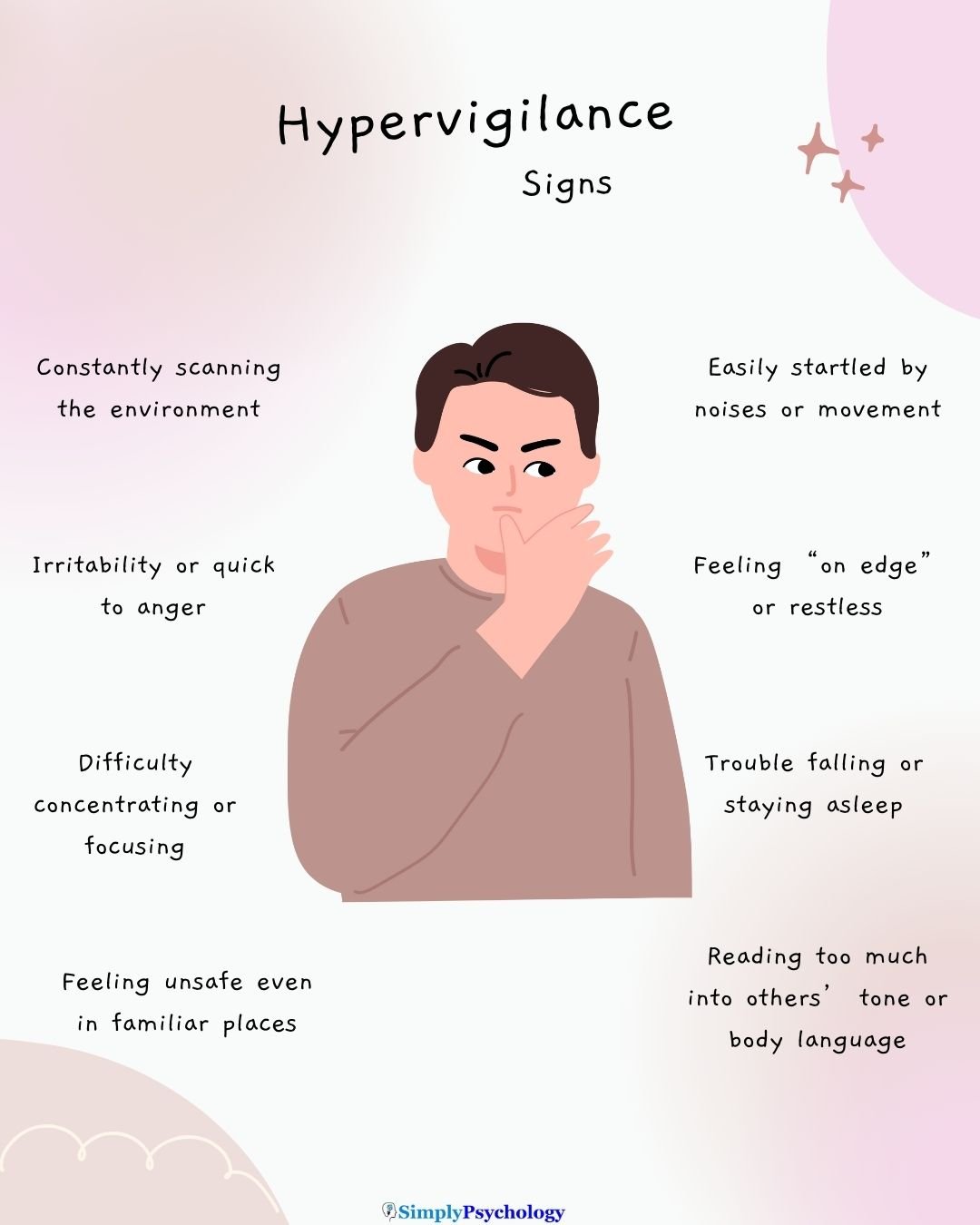
In a revealing exploration into the psychological intricacies of belief superiority, researchers Michael Hall and Kaitlin Raimi investigate why certain individuals exude confidence regarding the accuracy of their beliefs in their recent study, “Individuals who regard their opinions as superior to others are more likely to overrate their pertinent knowledge and overlook opportunities for further learning.” This thorough research illuminates a subtle dimension of the Dunning-Kruger effect, demonstrating that the overestimation of knowledge is not merely a product of ignorance but is also closely linked to the conviction that others are wrong.
The belief superiority effect highlights a phenomenon in which individuals view their opinions not only as correct but also as more legitimate in comparison to those held by others. This self-assessed intellectual superiority frequently causes them to miss chances for additional learning, resulting in an inflated sense of their supposed knowledge. It resonates with the well-known Dunning-Kruger effect, wherein individuals of lesser ability tend to overlabel their proficiency, but adds depth by emphasizing the vital role of perceiving others’ beliefs as flawed.
Hall and Raimi’s research, published in the Journal of Experimental Social Psychology, utilizes a series of experiments to investigate whether those exhibiting belief superiority genuinely possess greater knowledge. The results indicate that their faith in the infallibility of their viewpoints does not necessarily align with a broader knowledge base. Rather, this perspective frequently serves as an obstacle to enhancing understanding and welcoming new insights.
The study encourages contemplation on the significance of critical self-reflection and the openness to explore various viewpoints, especially in an age defined by the swift spread of information and diverse opinions. It acts as a reminder of the importance of fostering intellectual humility and a readiness for lifelong learning, rather than relying on the often misplaced confidence in one’s cognitive supremacy.